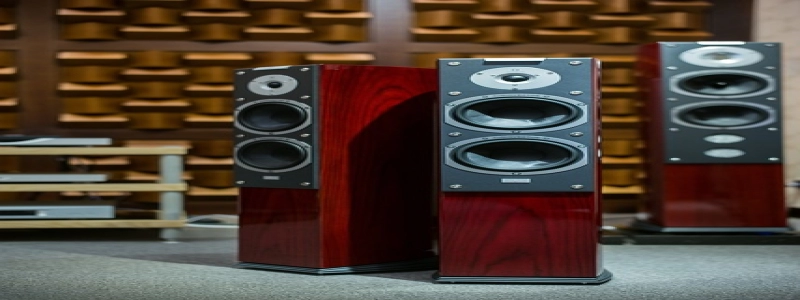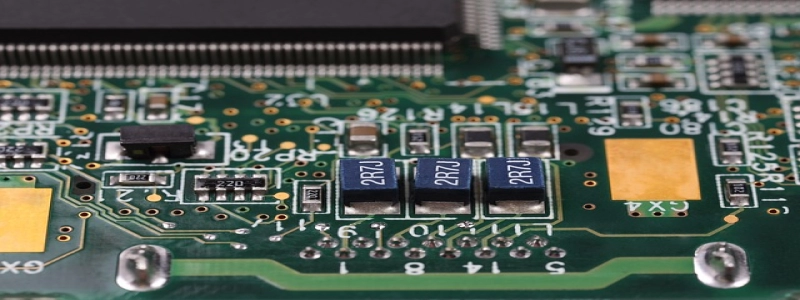Ethernet Terminal Block
Introduction:
Ethernet terminal blocks are an essential component used in networking systems. They provide a convenient and secure way to connect Ethernet cables to various devices. In this article, we will explore the features and benefits of Ethernet terminal blocks and discuss their applications in different industries.
I. What is an Ethernet terminal block?
A. Definition: An Ethernet terminal block is a connector that allows for the termination of Ethernet cables.
B. Construction: A typical Ethernet terminal block consists of metal or plastic housing, multiple terminal points for cable connections, and labeling options for easy identification.
C. Size and Types: Ethernet terminal blocks come in various sizes and types to accommodate different cable gauges and connection requirements.
II. Features and Benefits of Ethernet Terminal Blocks:
A. Durability: Ethernet terminal blocks are designed to withstand harsh environmental conditions such as temperature fluctuations, moisture, and vibrations, ensuring reliable and long-lasting connections.
B. Security: These terminal blocks provide a secure and stable connection, preventing accidental disconnections and signal interference.
C. Flexibility: Ethernet terminal blocks offer flexibility in cable routing, allowing for efficient cable management and reducing clutter in networking installations.
D. Ease of Use: With their user-friendly design, Ethernet terminal blocks make it easy to connect and disconnect Ethernet cables without the need for extensive technical knowledge.
E. Scalability: These terminal blocks can be easily expanded or reconfigured as networking needs change, making them suitable for both small and large-scale installations.
III. Applications of Ethernet Terminal Blocks:
A. Industrial Automation: Ethernet terminal blocks are widely used in factory automation systems to connect sensors, actuators, and other devices to the Ethernet network, facilitating real-time monitoring and control.
B. Data Centers: Terminal blocks enable efficient cable management in data centers, where a large number of Ethernet cables need to be organized and connected reliably.
C. Building Automation: Ethernet terminal blocks are essential in building automation systems, connecting devices such as HVAC systems, security cameras, and access control panels to the network, enabling centralized management.
D. Telecommunications: Terminal blocks are used in various telecommunications setups, including telephone exchanges and broadband connections, ensuring secure and stable Ethernet connections.
E. Smart Homes: Ethernet terminal blocks are increasingly being utilized in smart home installations, connecting smart appliances and devices to the local network for remote monitoring and control.
Conclusion:
Ethernet terminal blocks are indispensable components in modern networking systems. Their durability, security, and flexibility make them the preferred choice for connecting Ethernet cables in various industries. Whether in industrial automation, data centers, building automation, telecommunications, or smart homes, Ethernet terminal blocks provide convenient and reliable connections, ensuring efficient network performance.








